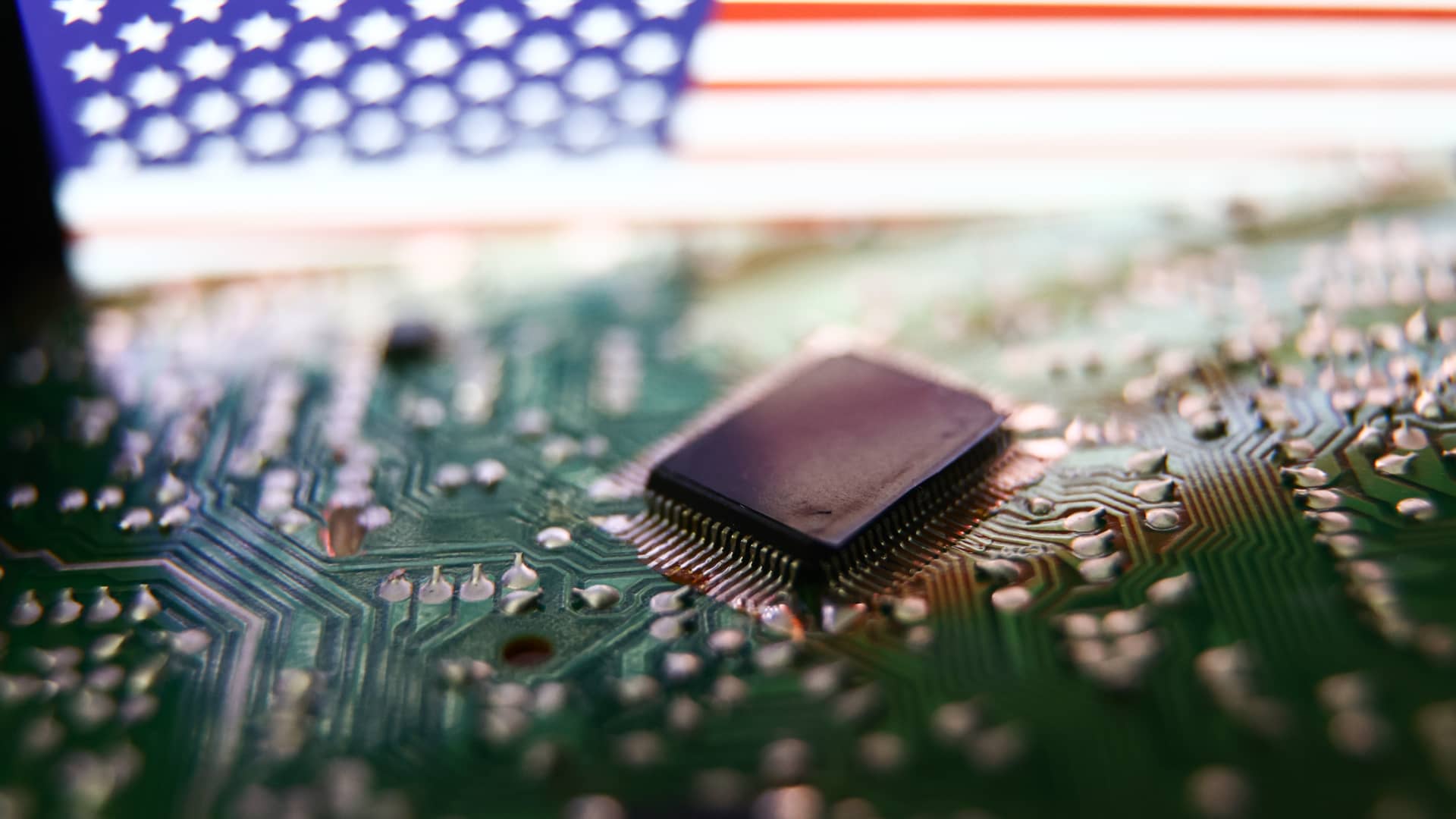Recent analysis reveals that Russia is obtaining Western microchips and semiconductors through intermediaries like China to power its military arsenal. In 2022, Russia imported $2.5 billion worth of semiconductor technologies, a significant increase from $1.8 billion in 2021. These advanced technologies, including semiconductors and microchips, are crucial for modern warfare and are used to power equipment such as drones, radios, missiles, and armored vehicles.
The evasion of sanctions is bold and concerning, as demonstrated by a study from the Kyiv School of Economics, which found over 1,000 Western components in Russian military equipment recovered from Ukraine’s battlefield. Many of these components are subject to export controls, but convoluted trade routes through countries like China, Turkey, and the United Arab Emirates allow them to reach Russia.
Although not all advanced technologies are subject to Western sanctions, many originate from countries that have trade bans against Russia and its military. The study from the Kyiv School of Economics revealed that two-thirds of the foreign components in Russian military equipment came from U.S. companies, with others sourced from countries such as Japan and Germany.
The ubiquity and wide-ranging applications of these technologies make it difficult to police global supply chains. Additionally, the sanctions on Russia primarily target Ukraine’s Western allies, allowing many countries to continue trading with Russia. China, in particular, has become a significant exporter of microchips and other technology to Russia, accounting for over 87% of total Russian semiconductor imports in the fourth quarter of 2022.
Russia has also increased imports from intermediary countries in the Caucasus, Central Asia, and the Middle East. This surge in trade has prompted calls for more countries to join the sanctions or impose secondary sanctions on entities operating within those countries to hinder Russia’s military strength.
The European Union has recently adopted a new package of sanctions that restricts the sale, supply, transfer, or export of specified sanctioned goods and technology to intermediaries for Russia. However, skeptics argue that these measures may not go far enough, especially when it comes to major trade partners like China and Turkey.
Ultimately, the responsibility to monitor supply chains and prevent goods from falling into the wrong hands lies with the companies themselves. It is important for companies to have the infrastructure to track their goods and comply with export controls, considering moral values and national security objectives.
Denial of responsibility! VigourTimes is an automatic aggregator of Global media. In each content, the hyperlink to the primary source is specified. All trademarks belong to their rightful owners, and all materials to their authors. For any complaint, please reach us at – [email protected]. We will take necessary action within 24 hours.


